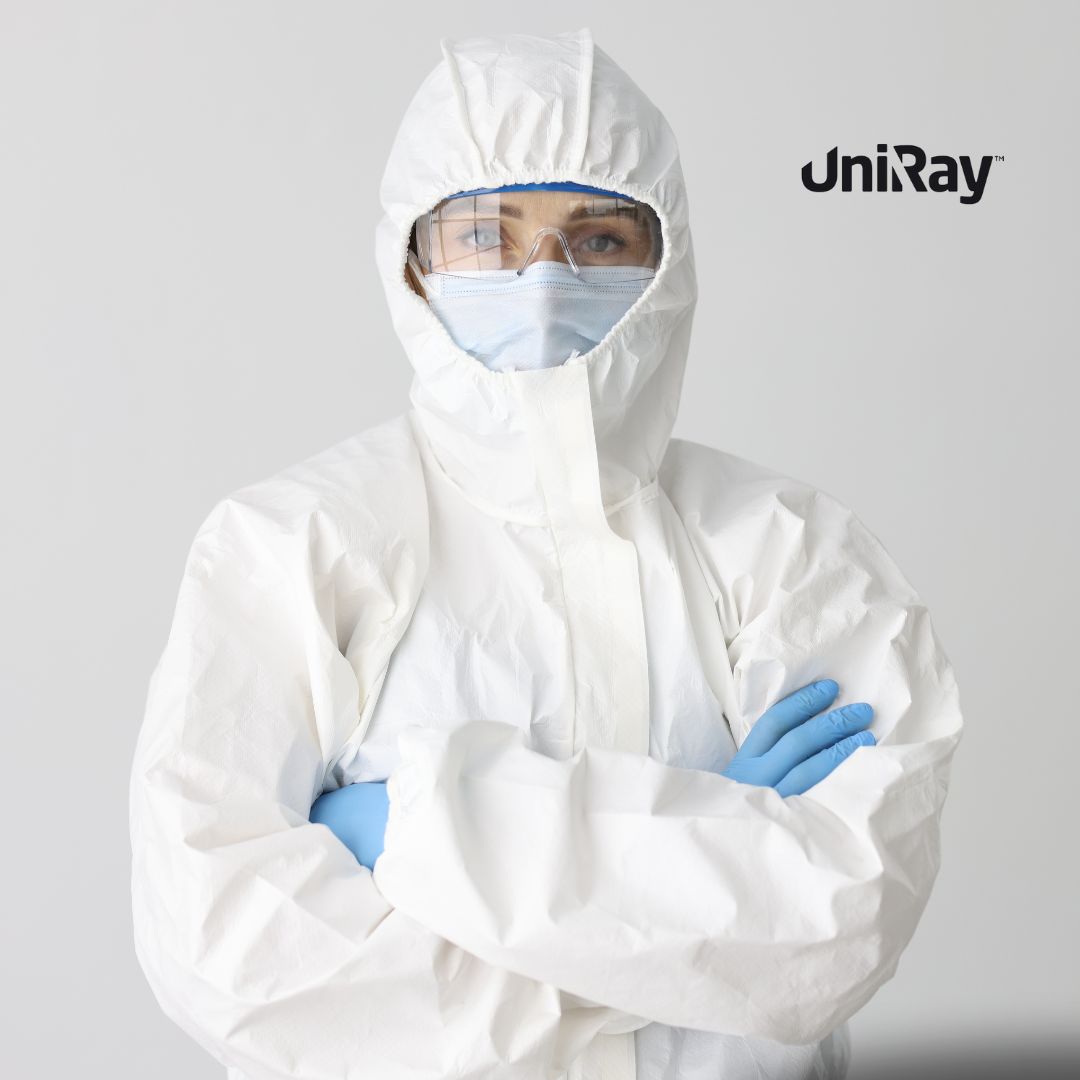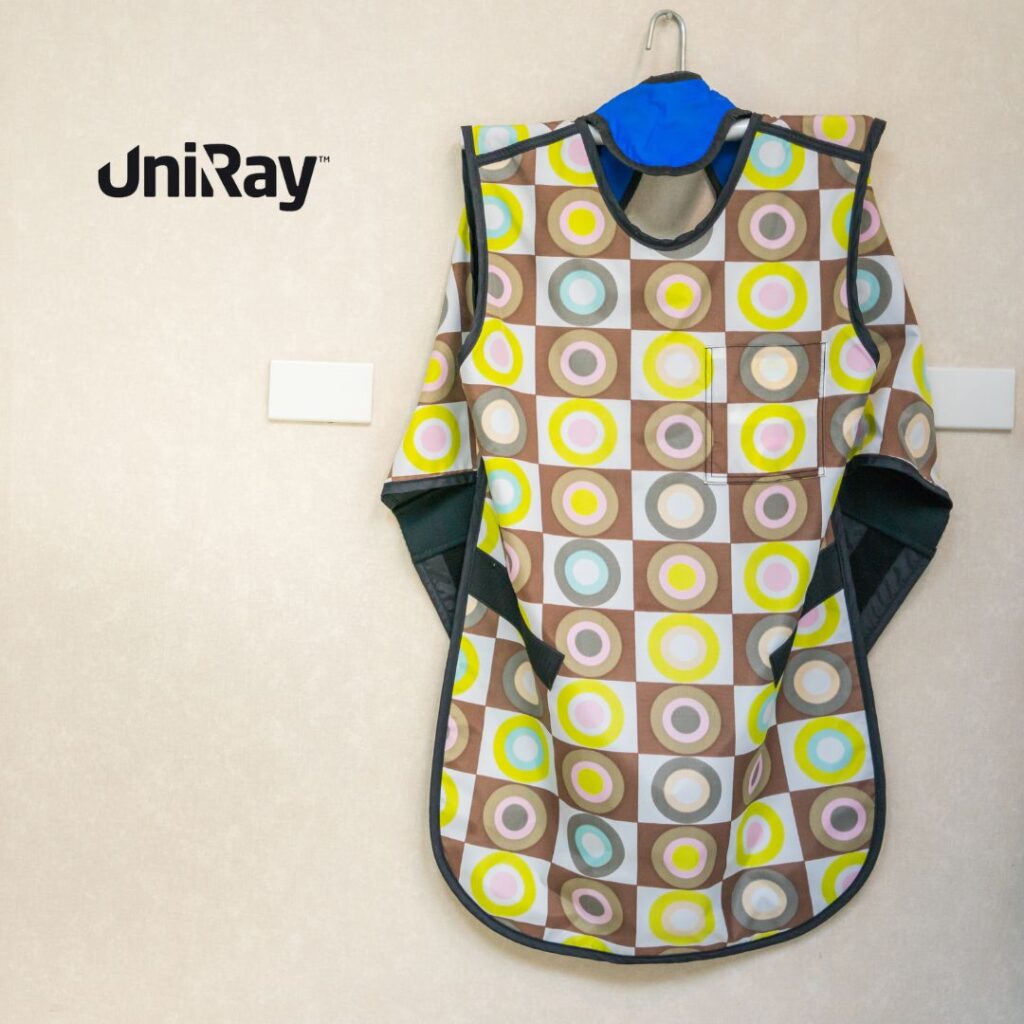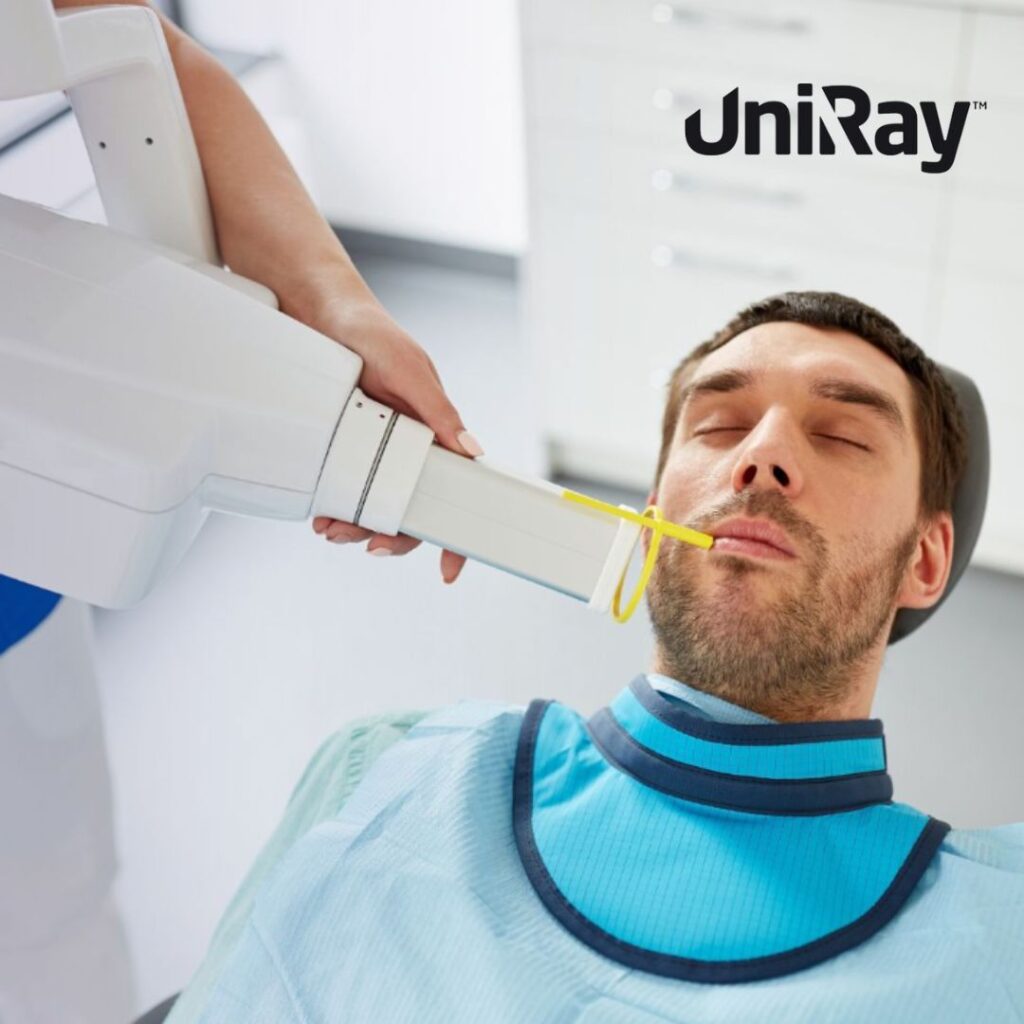Radiation protection is a critical consideration for healthcare professionals working in environments such as interventional radiology labs, dental offices, and nuclear medicine facilities. One of the most essential tools for safeguarding your vision is lead glasses for radiation protection. This article explores why they are necessary, what features to look for, and the top options available on the market. Whether you’re a radiologist, technician, or medical professional, this guide will help you choose the best lead glasses for your needs.
Why Radiation Protection for Your Eyes is Crucial
Radiation exposure can have severe consequences, including cataracts and other vision-related health issues. Those working in interventional radiology or similar fields face prolonged exposure to X-rays, increasing their risk. Glass and lead barriers, such as lead glassware and lead masks, provide essential safety shielding against scatter radiation, which can penetrate unprotected eyes even when other parts of the body are covered.
Additionally, professionals handling radiation-intensive procedures, including glove surgery, should ensure comprehensive protection by using high-quality lead masks and other shielding equipment. Investing in proper radiation protection minimizes health risks and ensures long-term safety.
Key Features to Consider in Lead Glasses
When shopping for lead glasses for radiation protection, it’s essential to focus on quality and functionality. Here are the most important features:
1. Lead Equivalence
The primary purpose of these glasses is to shield your eyes from radiation. Most high-quality lead glasses offer a lead equivalence of 0.75mm Pb, which provides optimal protection against scatter radiation.
2. Frame Design
Comfort is key, especially during long procedures in interventional radiology. Look for ergonomic designs that fit securely without causing pressure points. Lightweight materials and adjustable nose pads enhance comfort.
3. Lens Clarity
High optical clarity ensures you can see clearly while performing detailed tasks. Look for glasses with distortion-free lenses and anti-fog coatings for an unobstructed view.
4. Durability
Radiation protection glasses should be built to withstand daily wear and tear. Frames made of sturdy materials such as titanium or TR-90 nylon are a great choice.
5. Prescription Options
For those who need corrective lenses, many lead glasses are available with prescription compatibility, ensuring that you don’t sacrifice vision clarity for protection.
 Top Recommendations for Lead Glasses in Radiation Protection
Top Recommendations for Lead Glasses in Radiation Protection
Here are some of the best lead glasses for radiation protection available today:
1. Nike Lead Glasses
- Features: Lightweight frames, 0.75mm Pb lenses, and a sleek design.
- Best For: Professionals looking for style and functionality.
- Why We Recommend Them: Nike’s lead glasses combine durability with modern aesthetics, making them a popular choice in interventional radiology.
2. Phillips Safety Products Lead Glasses
- Features: Variety of frame options, high-quality 0.75mm Pb lenses, and prescription adaptability.
- Best For: Those requiring prescription lenses with radiation protection.
- Why We Recommend Them: Phillips Safety Products offers a wide range of customizable options to suit individual needs.
3. Oakley Radiation Glasses
- Features: Sporty design, anti-fog coatings, and superior comfort.
- Best For: Active professionals who prioritize comfort during long procedures.
- Why We Recommend Them: Known for their ergonomic design, Oakley lead glasses are ideal for extended use in interventional radiology.
4. Protech Radiation Glasses
- Features: Durable TR-90 nylon frames, anti-reflective coating, and lightweight construction.
- Best For: Budget-conscious buyers.
- Why We Recommend Them: These glasses offer excellent protection at an affordable price point.
Importance of Lead Glasses in Interventional Radiology
Interventional radiology is one of the most radiation-intensive medical fields. Procedures often involve prolonged exposure to X-rays, making comprehensive protection essential. Wearing lead glasses for radiation protection not only reduces the risk of cataracts but also ensures that you remain focused and safe while performing delicate procedures.
Maintenance Tips for Lead Glasses
To ensure longevity and effectiveness, follow these maintenance tips:
- Clean Regularly: Use a soft microfiber cloth and lens cleaner to keep lenses free from smudges and debris.
- Inspect for Damage: Check for scratches or cracks in the lenses and replace them if necessary.
- Store Properly: Keep the glasses in a protective case when not in use to prevent accidental damage.
- Avoid Prolonged Sun Exposure: Extended exposure to sunlight can degrade the lead lining in some glasses.
Final Thoughts
Choosing the best lead glasses for radiation protection is an investment in your health and career. High-quality glasses not only shield your eyes from harmful radiation but also provide the comfort and clarity needed to excel in demanding environments like interventional radiology. By considering the key features and exploring top brands like Nike, Phillips Safety Products, and Oakley, you can find the perfect pair to suit your needs.
Stay safe, protect your vision, and ensure long-term eye health with the right lead glasses. If you’re ready to upgrade your radiation protection gear, start with one of the trusted brands mentioned above. Your eyes deserve the best.
FAQs
1. What is the standard lead equivalence for radiation glasses?
Most radiation glasses have a lead equivalence of 0.75mm Pb, which provides excellent protection against scatter radiation.
2. Can lead glasses be customized with prescription lenses?
Yes, many manufacturers offer prescription options to ensure both radiation protection and clear vision.
3. How often should I replace lead glasses?
Inspect your glasses regularly for damage. If lenses are scratched or the lead lining is compromised, replace them immediately.




